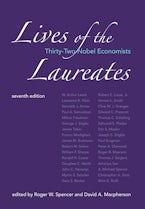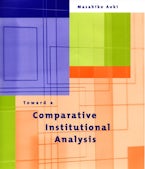The effect of tax policies and welfare state incentives on the performance of the labor market: theoretical and empirical analyses by leading European and American economists.
High unemployment in many European OECD countries has been attributed to factors ranging from rigid wages and low job mobility to an interaction of high taxes and generous social benefits that may discourage labor force participation and encourage the growth of an underground economy. This CESifo volume analyzes the effect of tax policy and, more generally, welfare state incentives, on the performance of the labor market. The contributors, all leading international economists, take both theoretical and empirical approaches; the book includes general overviews as well as in-depth analyses of specific policies. Some chapters take a broad perspective on taxation and labor markets, considering such topics as the effects of taxes in both the conventional model of a competitive labor market and a more realistic imperfect market, the observed work differentials between Europe and the United States, and the potential for progressive taxes and redistributive benefits to boost employment. Other chapters examine the effects of tax reforms, including the Earned Income Tax Credit, and the wage-increasing effects of progressive income taxes in a highly unionized labor market. Finally, the contributors analyze the effects of employment protection and tax penalties on the growth of the underground economy. The insights offered in these studies will be valuable to the policy analyst as well as to the academic theorist.
Contributors
Jonas Agell, Dan Anderberg, Søren Arnberg, A. Lans Bovenberg, Nada Eissa, Anders Holm, Hilary Hoynes, Henrik Jacobsen Kleven, Ann-Sofie Kolm, Birthe Larsen, Stephen Nickell, Peter Birch Sørensen, Frederick van der Ploeg, Claus Thustrup Kreiner, Torben Tranæs












